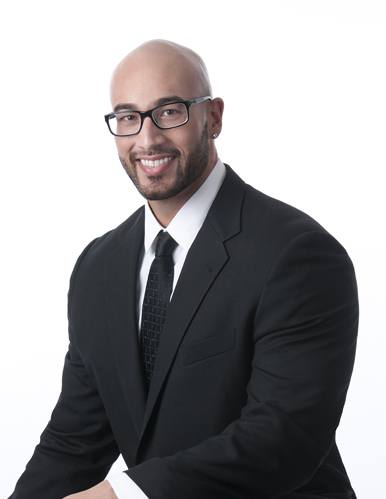
Life is like riding a bicycle. To keep your balance,
you must keep moving.
Albert Einstein
According to a statistical report on New Year’s resolutions published by Statistic Brain, the most common New Year’s resolution is to lose weight. Statistic Brain’s report also indicated that while 45 percent of people usually make a New Year’s resolution, only about 8 percent are successful.
There are two primary reasons why the majority of people who make New Year’s resolutions to lose weight fail to do so: unreasonable expectations and failure to scale difficulty with progress. These two explanations will be discussed in further detail below.
From childhood, many of us are encouraged to dream big and to aim as high as our heart’s desire. The ambition to seek monumental results is far healthier than self-defeating pessimism, but when it comes to sustainable weight loss, there has to be a balance between optimism and pragmatism.
People who become star-struck by the digitally-polished images of fitness models might be driven to pursue extreme results within the time frame that is physically impossible for the human body. With this tunnel vision on instant and dramatic results, their motivation often disappears just as quickly as it surged.
Without a realistic perspective on what to expect from the earliest parts of a weight loss journey, many of these people aren’t able to muster the kind of conviction that is necessary to complete a weight loss journey from beginning to end.
Rather than facing the true difficulty of their resolution head-on from the beginning, they are blind to the real challenge of their resolution until they’re forced to recognize it through disappointment; this unexpected realization often discourages them too deeply to press onward.
The harm of unrealistic expectations can stop people with genuine potential to change their lives from achieving the resolutions that they would be perfectly capable of at a steadier pace.
The first step toward successfully accomplishing a New Year’s resolution has to be a small one. With expectations that are firmly grounded in reality and logic instead of overblown expectations fueled by emotion, real progress can be made and sustained.
Part of accepting the reality of a resolution’s challenge is making peace with the fact that practice won’t be perfect at first. There will be areas of personal weakness that may force a person to face unique challenges for the first time, and only by approaching these new challenges mindfully will a person develop the confidence to overcome them.
By keeping a steady and measured pace, a person can analyze their mistakes in greater detail and with a clearer head; this will give them the perspective to treat mistakes as milestones to grow from, not failures to be ashamed of.
If a person has remained committed to their fitness resolution for the first two or three months, it is vital that they gradually introduce slightly more difficulty into their program. When an exercise routine begins to feel less challenging, its difficulty (measured in lifted weight, cardio intensity, inter-set rest periods, etc.) should be raised by about 10 to 15%.
The human body naturally acclimates to any changes in behavior patterns that a person makes in their life. Once the body has begun to acclimate to habitual exercise sessions, the frequency and/or intensity should be adjusted to keep it from fully acclimating; otherwise, the body will no longer react as strongly to the workout plan and progress will hit a plateau.
While the greatest challenge that some may face when pursuing their New Year’s resolution is to summon the discipline that it requires, others may need to learn how to keep their enthusiasm from warping their expectations. Realistic expectations give a person the right mindset to accept difficulty as a constant, steadily escalating factor of their development.
Our world-class physicians create a personalized plan to help you feel 10+ years younger. You’ll be more energetic, lose weight, sleep better, have more libido, and think more clearly. Check out our programs and evaluation. Visit our website for more information, as well as to book your free consultation.
 Contributor: Rudy Inaba Vice President of Health Performance
Contributor: Rudy Inaba Vice President of Health Performance
Rudy Inaba is Cenegenics’ Vice President of Health Performance. He is a recognized fitness and sports nutrition consultant with nearly 15 years of experience in clinical exercise physiology and lifestyle management. After pursuing his Master of Science in Clinical Exercise Physiology at the University of Nevada Las Vegas, Rudy joined Cenegenics where he leads 19 clinical locations nationwide in their advancements in kinesiology, nutritional biochemistry, and their analyses of industry research & market trending.


